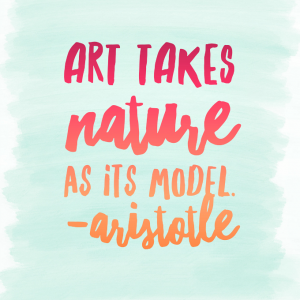A new paper published by Max Planck Institute for Empirical Aesthetics (MPIEA) suggests that an aesthetic experience includes eliciting meaning in an artwork, and at heightened attention. Printed in March 2022 in the Journal of Cognitive Neuroscience, the team of researchers took to measuring brain waves generated by participants who went through aesthetically appealing experiences.
 Researchers from Tilburg University and Breda University of Applied Sciences of the Netherlands, had worked at the Max Planck in Frankfurt, to study the electroencephalography (EEG) results of participants who viewed different artworks. Using an EEG cap, the brain waves created with every aesthetic image of art viewed by each participant, were rated and measured.
Researchers from Tilburg University and Breda University of Applied Sciences of the Netherlands, had worked at the Max Planck in Frankfurt, to study the electroencephalography (EEG) results of participants who viewed different artworks. Using an EEG cap, the brain waves created with every aesthetic image of art viewed by each participant, were rated and measured. 
If a participant found a particular artwork appealing, the EEG displayed increased amounts of speedy gamma waves occurring over a certain section of the brain. The results were in contrast to the brain waves being shown, when the participants viewed artworks that were deemed unappealing.
What’s the Significance of the Dutch Study Conducted at the MPIEA
What the Dutch researchers found exceptionally interesting is that the gamma waves took about a second to appear as response to an artwork found appealing. The presumption is that the delay denotes the brain waves were not simple reactions to the visual elements of the artwork. The brainwave movements reflect reactions after a meaning has been formed by the brain.
The co-author of the study, Edward A. Vessel, who is also a research associate at Max Planck explained that our mind does not perceive art passively. Instead our brain engages in a process of discovery for several seconds, apparently considering various meanings and interpretations. At the same time, the viewer’s brain wave behavior indicates whether or not he or she is experiencing a savory art-viewing moment.
Mr. Vessel added that this is an example of how a visual interpretation can be a highly personal experience. Art that is substantially meaningful therefore can help unlock the mysteries of what makes mankind more appreciative of nature and the environment.




